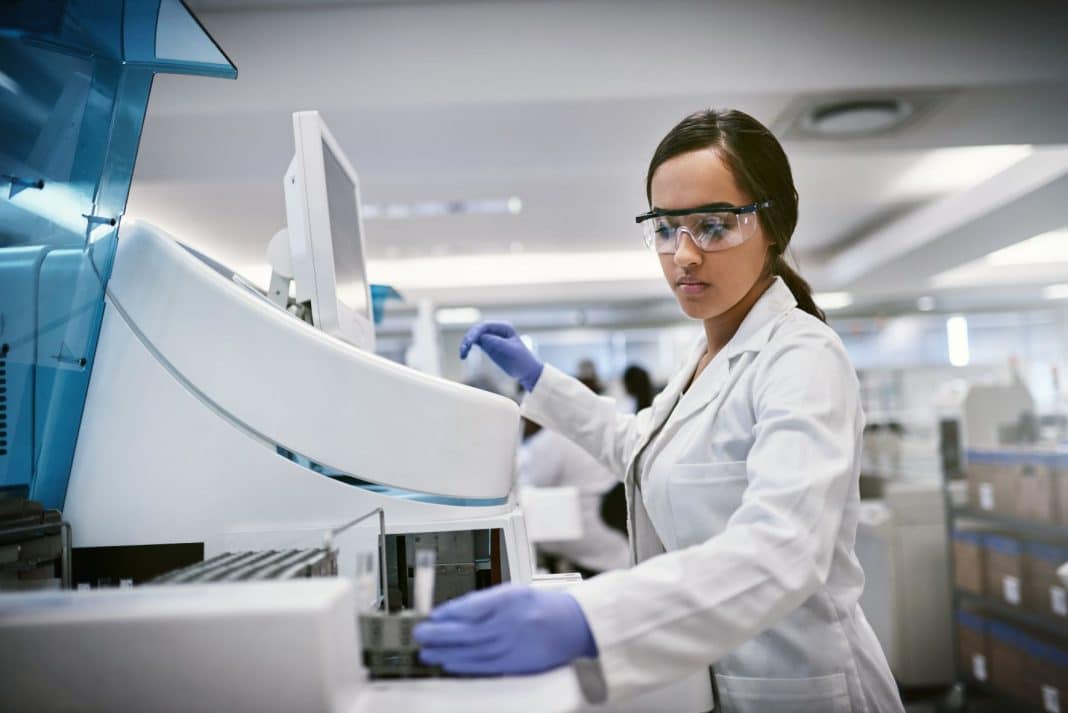University of Canberra celebrated a major grant from the Australian Government on Monday as part of the Women in STEM and Entrepreneurship (WiSE) program.
Eight organisations will receive a boost from WiSE, to address barriers that prevent girls and women from entering education and careers in STEM.
UC’s plans to create a ‘100-day innovation challenge’ to engage girls and early career bio-mechanists at two critical points of disengagement with engineering pathways.
“During subject selection in high school, girls select STEM subjects at much lower rates than boys, and thus don’t go on to pursue STEM careers,” said Dr Coltman, Assistant Professor at the University of Canberra.
“Also, we see women in the early years of their engineer careers deciding to leave and work in other fields.”
One hundred Australian high school girls will work with 25 early career women bio-mechanists who will guide Year 9-10 girls through the challenge, designed to showcase the applied nature of the field in solving real world problems that affect people’s lives.
“Research tells us girls develop more interest in STEM when they can see its real-world applications,” Dr Coltman said.
“Young women make up less than a quarter of students studying STEM and participation rates are even lower for Indigenous and culturally and linguistically diverse women,” said Women in STEM Ambassador, Professor Lisa Harvey-Smith. “The WiSE grants play an important role in bridging the gender gap in STEM.”
These efforts coincide with the latest data on women and girls’ participation in STEM, which shows more work is needed to achieve gender equity by 2030.
While over half of early career researchers are women, 83 per cent of senior academics in universities and research institutes are men.
According to research by the Women in the Science Research Workforce, the number of girls going into STEM is only part of the problem, as the careers of many women in STEM suffer from the ‘baby penalty’, and further discrimination in the workforce.
Professor Harvey-Smith said on combatting the problem of retention, “it’s absolutely true that we can’t just shove more women into the pipeline and hope that they get through”.
“Research shows that women are 1.8 times more likely to drop out of STEM in the five years after graduation. There are many reasons for that, from sexual harassment to uneven starting pay and therefore unequal pay across the board … We also need to break the breadwinner stereotype, as all these things are linked.”
Professor Harvey-Smith said that Women in STEM is working closely with non-profit Science in Australia Gender Equity Program (SAGE) to financially support the advancement of gender equity in STEM organisations.
Get all the latest Canberra news, sport, entertainment, lifestyle, competitions and more delivered straight to your inbox with the Canberra Daily Daily Newsletter. Sign up here.
For More:



